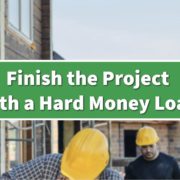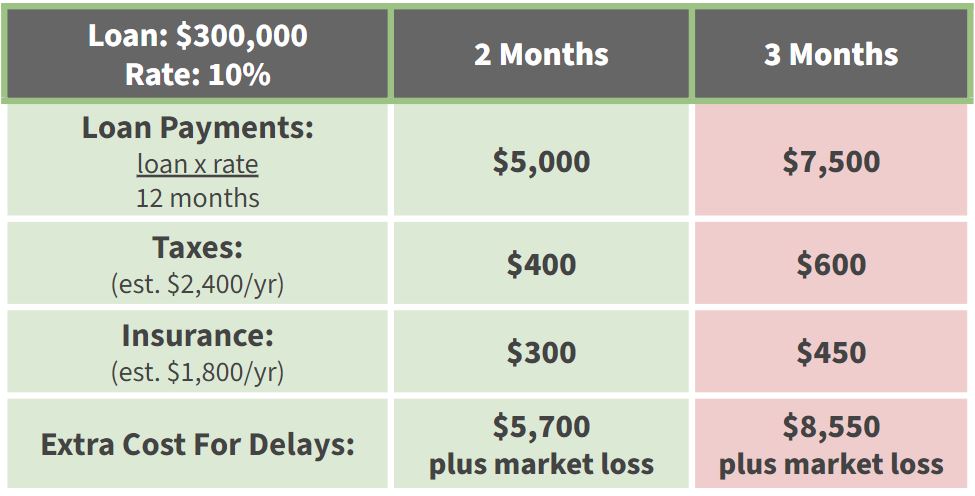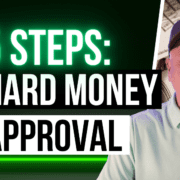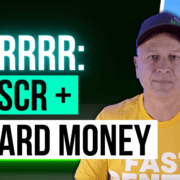Small Town Investing: How to Energize Your Real Estate Deals
Small Town Investing: How to Energize Your Real Estate Deals
Why Invest in Small Towns?
Today we are going to take a closer look at how you can energize your real estate deals when doing small town investing. Small towns often get overlooked by big banks and private lenders. However, investing in these communities can be a goldmine. Most importantly, you’ll help the community grow as well. Here at Hard Money Mike we have the flexibility to help you accomplish your real estate investing goals! Let’s take a closer look!
Financing Options for Small Town Investors
1. 100% Financing
If you find a great deal, you might not need any money upfront. We can finance up to 100% of the purchase as well as the rehab costs.
2. Fix and Flip Loans
These loans cover both the purchase and renovation costs. Therefore these loans are perfect for properties that need a little love.
3. DSCR Loans
Don’t have a high income or perfect credit? No problem. DSCR loans instead focus on the property’s income, not yours. We offer these loans for properties for as low as $50,000.
4. Finish-a-Project Loans
Stuck with an unfinished project? We provide loans to help you complete it.
Example: A Success Story from Oklahoma
Imagine buying a house for $40,000, putting $30,000 into renovations, and then having a property worth $120,000. This isn’t just a dream. We helped an investor do just that in a small town in Oklahoma. She bought several properties, renovated them, and either rented them out or sold them. In just 18 months, she turned her initial investments into a thriving portfolio.
Steps to Start Investing in Small Towns
First, Find the Right Property
Look for undervalued properties. These can be homes that need a little TLC or rentals ready to go.
Second, Get Financing
Don’t worry if big banks turn you down. Look for lenders who specialize in small town investments. They offer flexible options and don’t always require perfect credit.
Third, Renovate and Improve
Fix up properties to make them attractive. A well-renovated home can bring new residents to the town.
Finally, Rent or Sell
Decide whether to keep the property as a rental or sell it for a profit. Both options can be lucrative in small towns.
Making Money While Helping Your Community
Fixing up homes does more than fill your pockets. It revitalizes the community. Updated homes attract new residents, which boosts the local economy. Plus, it brings life back to once-vacant houses.
Why Choose Us?
We understand small towns because we come from them. We offer:
- Flexible Loans: Not based on your credit score or income.
- Quick Approvals: Get your project moving fast.
- Personal Touch: We’re here to help you succeed.
Ready to Invest?
If you’re ready to start investing in small towns, reach out to us at The Cash Flow Company. We have tools like the Deal Analyzer to help you find and finance the best deals.
Watch our most recent video to find out more about:Small Town Investing: How to Energize Your Real Estate Deals











